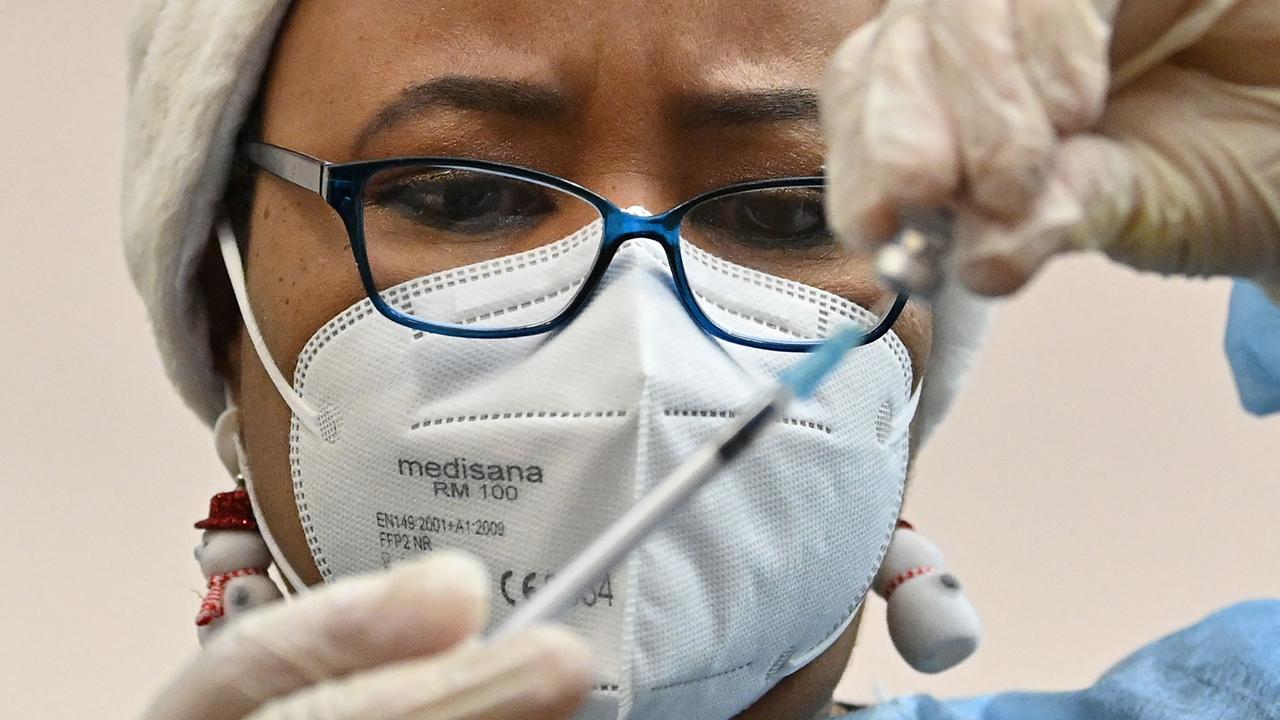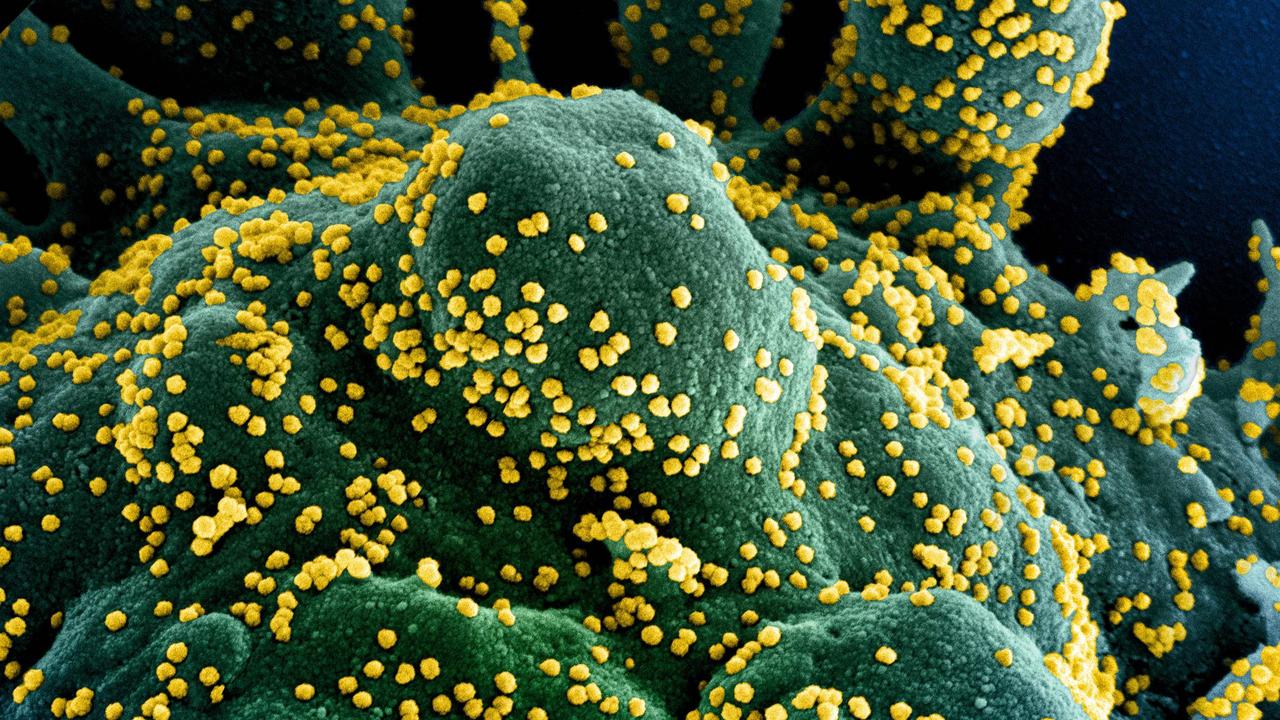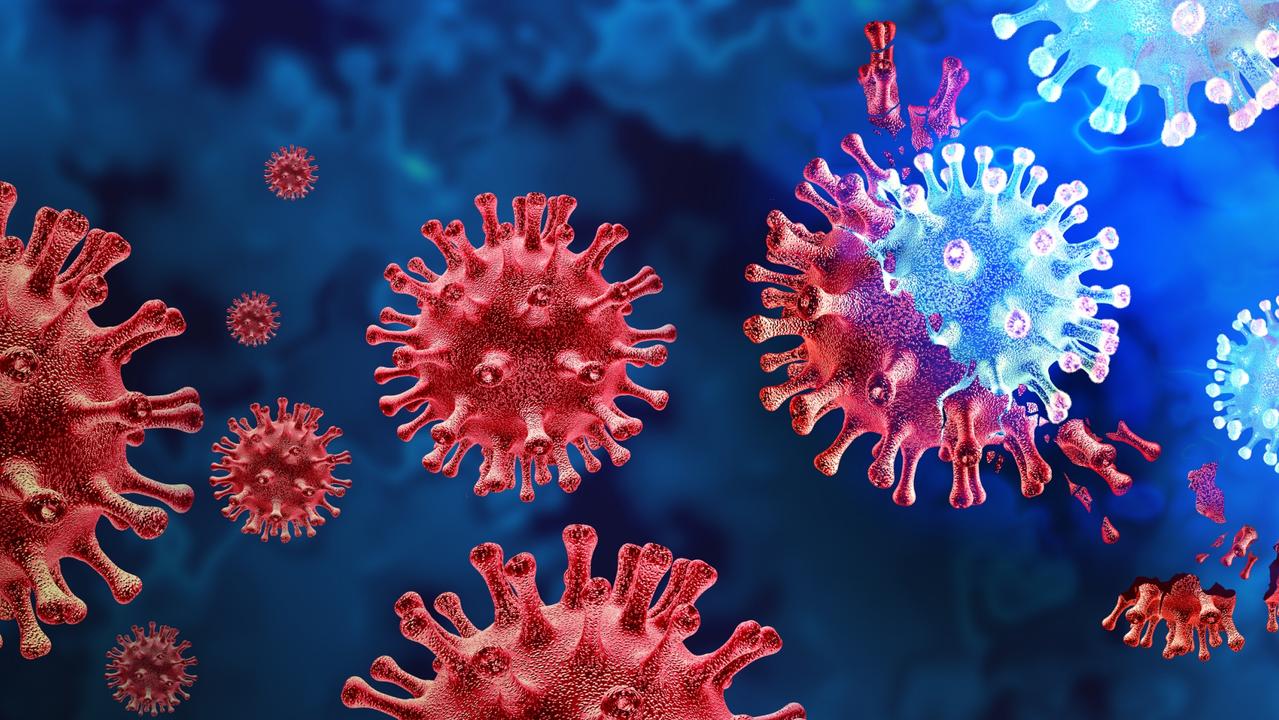Professor predicts COVID-19 will be ‘mostly gone’ in US by April
It’s the country that was ravaged by COVID-19 with deaths peaking in January. But now a huge turnaround is predicted thanks to one key factor.

A health professor in the US has made the stunning prediction that the coronavirus will be “mostly gone” by April.
Professor Marty Makary from the Johns Hopkins School of Medicine and Bloomberg School of Public Health said that a combination of people developing a natural immunity due to prior infection and vaccinations will see COVID-19 cases in the US plummet.
“At the current trajectory, I expect COVID will be mostly gone by April, allowing Americans to resume normal life,” Prof Makary wrote in an opinion piece for The Wall Street Journal.
RELATED: Find out when you’ll get the vaccine
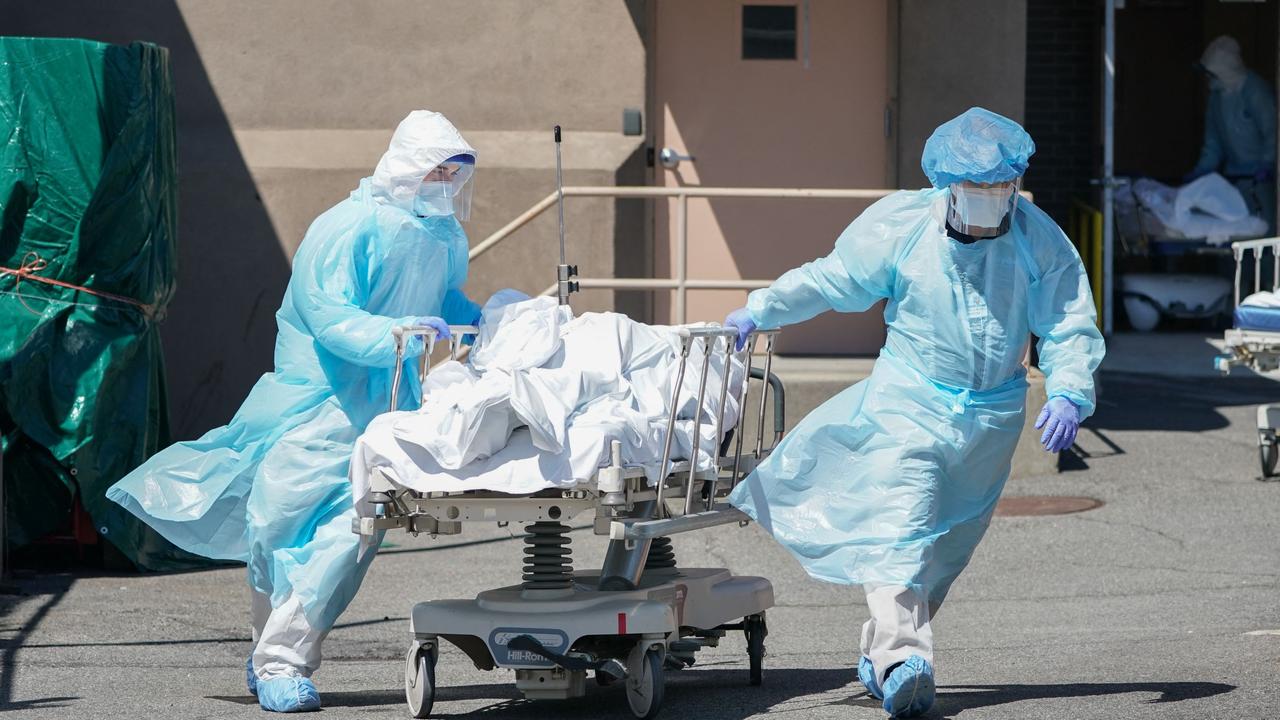
In recent weeks the US has seen a steep decline in daily cases, from a high of 300,619 on January 8 to 78,018 on January 19.
The country is still seeing an average of more than 2000 deaths per day, but this has dropped from more than 3000 per day in January.
In total, there have been 509,641 deaths from COVID-19 and 28,670,843 confirmed cases in the US.
Prof Makary said that natural immunity to the disease is far higher than can be tested for.
“Testing has been capturing only from 10 per cent to 25 per cent of infections, depending on when during the pandemic someone got the virus,” he wrote.
“Applying a time-weighted case capture average of 1 in 6.5 to the cumulative 28 million confirmed cases would mean about 55 per cent of Americans have natural immunity.”
He stated that antibody studies underestimate natural immunity.
“Antibody testing doesn’t capture antigen-specific T-cells, which develop ‘memory’ once they are activated by the virus,” he said.
“Survivors of the 1918 Spanish flu were found in 2008 — 90 years later — to have memory cells still able to produce neutralising antibodies.”
RELATED: Biggest COVID vaccine myth debunked
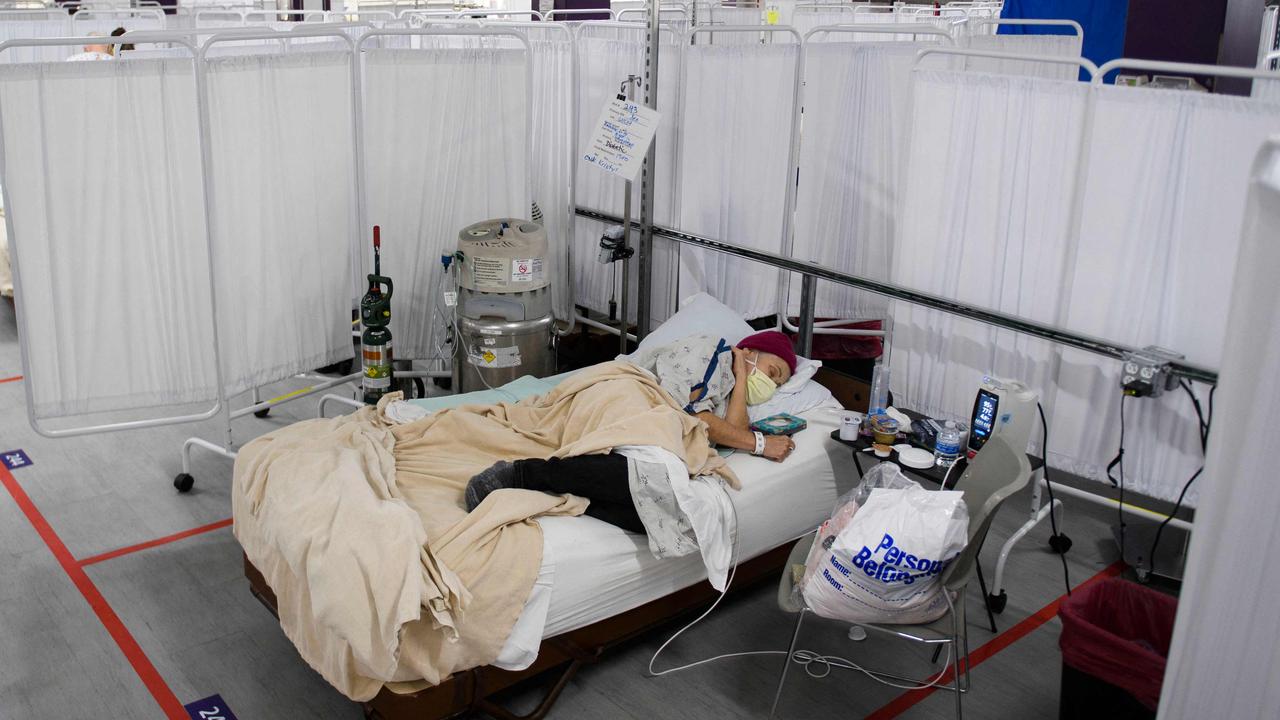
January was the most deadly month of the pandemic in the US with cases, hospitalisations and deaths all peaking.
In the past two weeks, the average case count has fallen by 43 per cent, hospitalisations by 50 per cent and death rates by 30 per cent.
Earlier this week, the Centers for Disease Control and Prevention attributed the drop in cases to the decrease in travel and large gatherings.
“If I were ranking explanations for the decline in COVID-19, behaviour would be number one,” Ali Mokdad, a global-health professor at the University of Washington, told The Atlantic.
“If you look at mobility data the week after Thanksgiving and Christmas, activity went down.”
RELATED: COVID-19 Vaccine side effects you could have

Last week, 1.49 million doses of a COVID-19 vaccine were administered on average per day in the US, and 15 per cent of the population already had one dose.
At this rate, it will take an estimated nine months to cover 75 per cent of the population with a two-dose vaccine.
Prof Makary also suggested that people who’ve already had COVID-19 should forgo vaccines until vulnerable seniors get their dose.
“Several studies demonstrate that natural immunity should protect those who had COVID-19 until more vaccines are available,” he wrote.
“Half my friends in the medical community told me – good idea. The other half said there isn’t enough data on natural immunity, despite the fact that reinfections have occurred in less than 1 per cent of people — and when they do occur, the cases are mild.”


